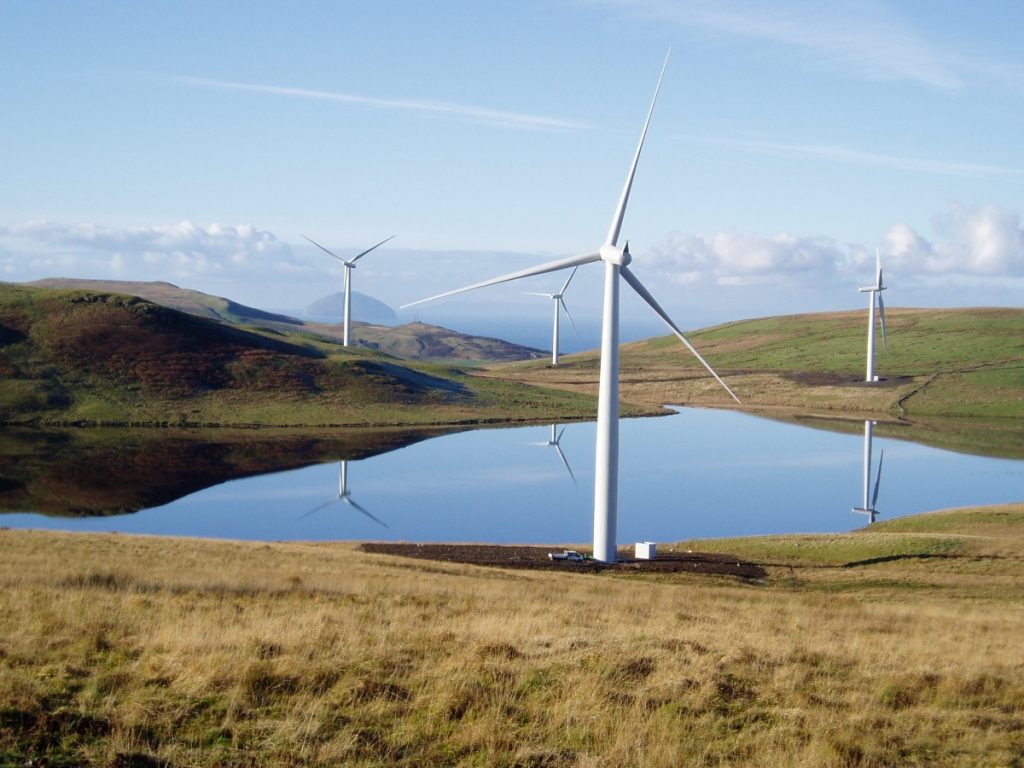Acceptable bribery? Local communities offered £100k a year for wind farms
Local communities are to be bribed to accept onshore wind farms with cheaper energy bills.
The Department for Energy and Climate Change is to quintuple the benefits paid by developers to communities in a bid to win more local support for the construction of new wind turbines.
Efforts to win over communities will also see the views of local communities sought earlier as part of a shake-up in the planning process making it easier for opponents of wind farms to challenge new onshore projects.
"The planning guidance is to be clarified to ensure that the visual impact of turbines, the cumulative impact of turbines and local factors are taken more clearly into account before consent is given," energy minister Michael Fallon told the Commons.


A bitter struggle is currently underway between campaigners worried about the environmental impact of wind turbines and green activists keen to see the expansion of Britain's renewable energy capacity.
Energy and climate change secretary Ed Davey secured additional funding for renewable energy in a coalition deal agreed last autumn which saw the government reject the early setting of a decarbonisation target for 2030.
Now ministers are moving to make it easier for local communities to say 'no' to onshore wind turbine developments by updating planning guidance to give greater weight to landscape and visual impact concerns.
It follows the decision to cut financial support for the development of onshore wind capacity by ten per cent from April this year.
"It is important that onshore wind is developed in a way that is truly sustainable – economically, environmentally and socially," Davey said.
"Today's announcement will ensure that communities see the windfall from hosting developments near to them, not just the wind farm.
"We remain committed to the deployment of appropriately sited onshore wind, as a key part of a diverse, low-carbon and secure energy mix and committed to an evidence-based approach to supporting low carbon power."
The updating guidance also downplays the importance of developing renewable energy by clarifying that moves towards its development do not automatically override environmental protections.
Pre-application consultation with local communities is being made compulsory as a result. A new register will monitor best practice among onshore wind developers.
Meanwhile the recommended community benefit package in England is being increased fivefold from £1,000 per MW of installed capacity to £5,000 per MW. Government officials estimate the benefits package for a medium-sized farm could be worth £100,000 a year, or £400 a year off each household's annual bill.
Moves to incentivise local communities to accept the downsides of new energy sources like onshore wind or shale gas are critical, the chair of the Commons' energy and climate change committee said.
"I think people will get more used to all these things and they may also see where the overriding national need is," Tim Yeo told Politics.co.uk in an interview yesterday.
"They could be persuaded to see that perhaps more clearly if they are offered a more direct share of the benefits."
The government will provide more details of its plans to win over communities will be published in a strategy document expected this autumn.












